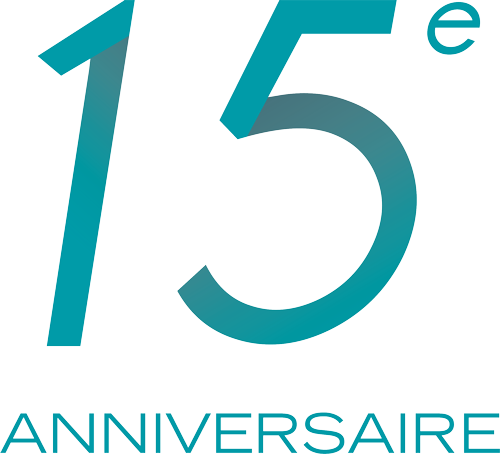With mortgage rates rising rapidly, the media will make a big deal out of any real estate doomsday prophecy. But one should usually be wary of overly sensationalistic conclusions. For example, a recent survey by a mortgage lender made headlines in several media outlets by stating that “nearly one in four Canadian homeowners would be forced to sell their home if interest rates were to rise further. Unfortunately, this kind of message only fuels fears unnecessarily, and if you look closely, you quickly realize that such a scenario is unrealistic.
Two out of three homeowners are not vulnerable to rising mortgage rates
The first reason that the conclusion of this survey does not hold up is that only about one in three homeowners are sensitive to rising mortgage rates over the short term. There are many other surveys of Canadian mortgage borrowers that have shown consistency in their results over the years. We refer here to one of them, the bi-annual State of the Canadian Mortgage Market survey conducted by Mortgage Professionals Canada (MPC).[1]
The first important finding of the MPC survey is that one-third of Canadian homeowners have no mortgage financing attached to their property. This leaves two out of three homeowners with either a mortgage or a home equity line of credit (or a combination of both).
According to the same survey, one in four of those with a mortgage have a variable rate mortgage (or a combination of fixed and variable rates). They are therefore directly exposed to increases in mortgage rates.
Of the remaining homeowners with mortgages, those with fixed-rate mortgages, about one in four renew their mortgages in any given year. This is due to the high popularity of 5-year terms. For all other borrowers, their term will not expire, and their fixed rate “protects” them from rising rates in the coming months.
This leaves only one in three homeowners with short-term exposure to mortgage rate fluctuations.[2]
Two percentage point rate hike for many buyers
Of course, some of these “rate-sensitive” homeowners will struggle with higher monthly mortgage payments, but not all. It’s all about scale here.
Most fixed-rate mortgage holders who will renew this year had chosen a five-year term. That means they took out their mortgage in 2017. On average, the five-year mortgage rates given that year were 2.79%, while they are currently around 4.74%. That’s an increase of about two percentage points. Now, interestingly, homebuyers in 2017 who didn’t have 20% down are the very first cohort of buyers who had to pass the stress test to qualify[3], specifically to ensure they had room to maneuver in the event of a rate increase. The qualification rate was 4.64% at that time, which just happens to be very close to current rates. This is no guarantee that they will be able to afford their higher monthly mortgage payments, but in theory, these 2017 buyers had a little wiggle room.
Another alternative before selling
Normally, all buyers of a property in recent years have seen the value of their property appreciate significantly. For example, those who bought in 2017 have seen their property appreciate, on average, by a little over 50% (in Quebec). This is a great help in refinancing your mortgage if necessary. We can then reamortize our loan over a longer period than the remaining amortization to reduce the monthly mortgage payments.
In short, while rising rates will increase defaults somewhat, it is completely unrealistic that one in four Canadian homeowners will be forced to sell because of rising mortgage rates. Fortunately, REALTA’s Business Capsule is here to provide you with more accurate, and less alarmist, information.
[1] We will refer here to the March 2021 report which covers the fall 2020 survey.
[2] That’s half (1/4 variable rate + 1/4 renewal) of mortgage holders, or two-thirds of Canadian homeowners.
[3] Mortgage rate stress test or stress test.



